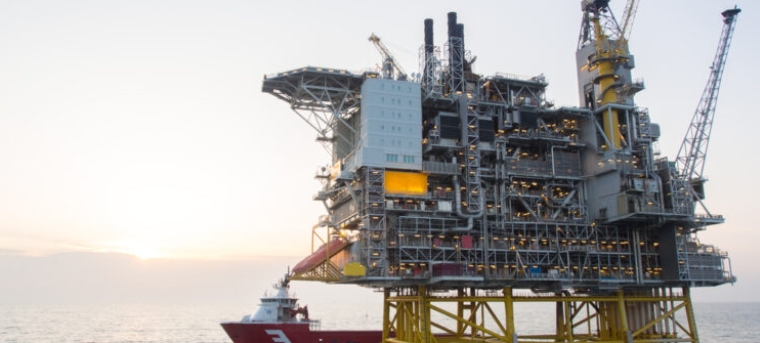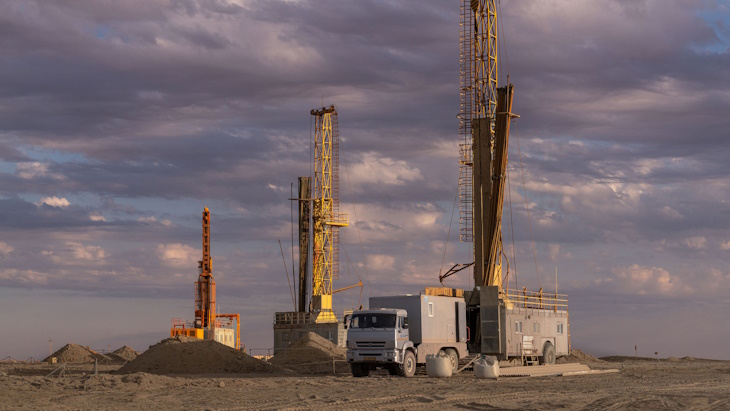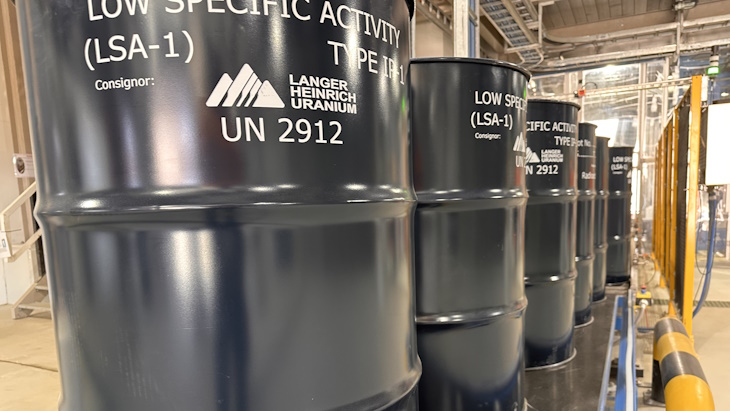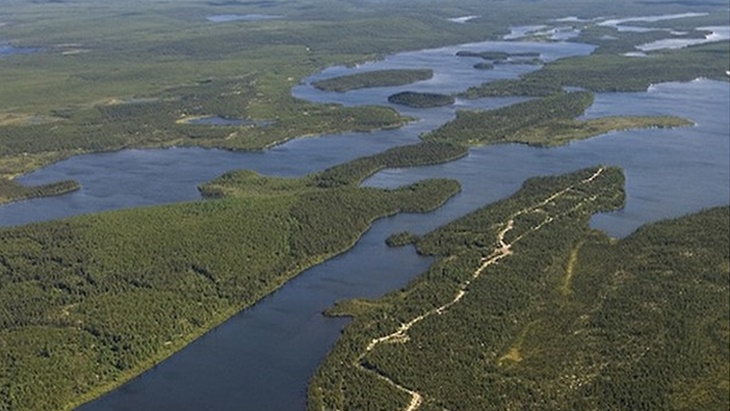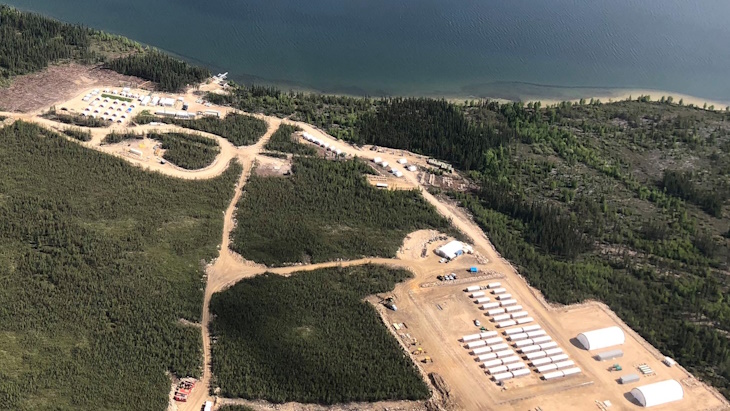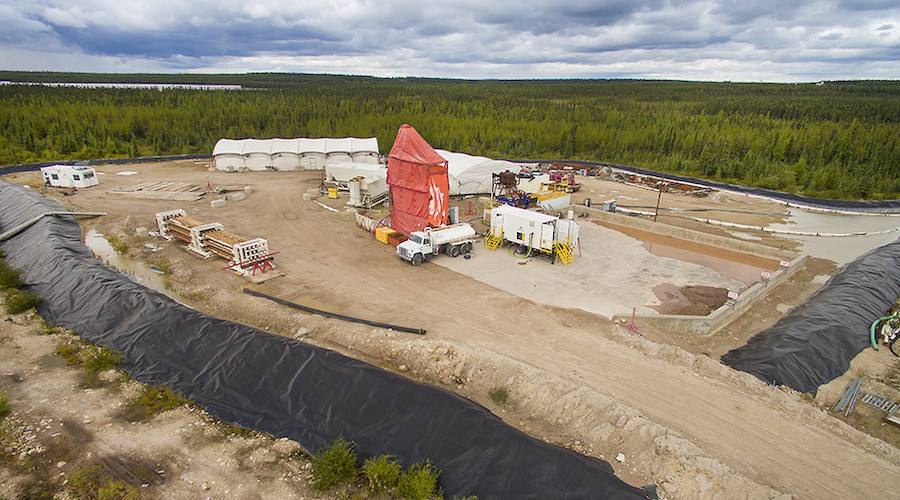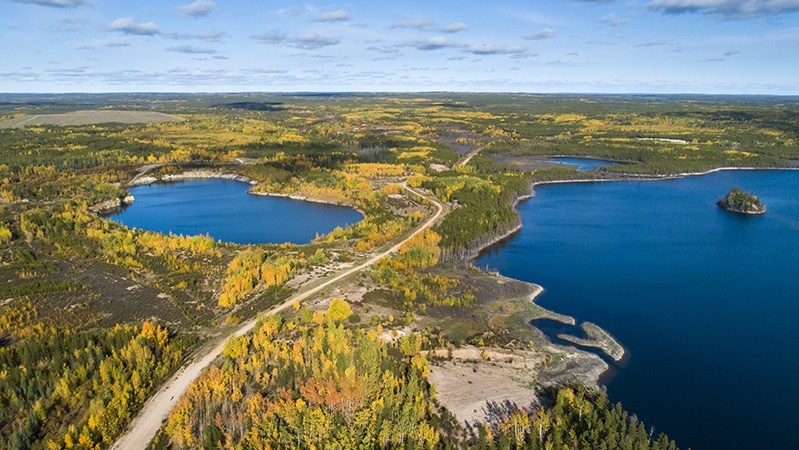
The project, which is some 75 km south of Lake Athabasca and 15 km east of the border with the Province of Alberta, operated from 1979 to 2002, producing more than 62 million pounds U3O8 (23,848 tU) from two underground mines and four open pit mines. The operation also included a tailings management facility, a mill and other support facilities. The Cluff Lake Project is located on Treaty 8 territory, the Homeland of the Métis, and is within the traditional territories of the Dene, Cree, and Métis people. Cluff Lake was fully decommissioned in 2013.
In May last year, the Canadian Nuclear Safety Commission (CNSC) revoked the uranium mine licence held by Orano Canada for Cluff Lake Project, clearing the way for Orano to transfer the site to the Province of Saskatchewan.
The CNSC has previously released properties at legacy uranium mining sites to provincial control, but Cluff Lake was the first decommissioned "modern" uranium mine to reach this milestone.
With the recent acceptance of a long-term monitoring and maintenance plan, and the provision of adequate funds by Orano to the Province of Saskatchewan to carry out the efforts (in perpetuity), the Cluff Lake property will now be transferred into the provincial Institutional Control Program (ICP). The programme was set up by Saskatchewan in 2007 as part of its institutional control framework for the long-term management of decommissioned and reclaimed mine and mill sites on provincial Crown lands.
The ICP allows for coordination between the provincial Ministry of Environment and the Ministry of Energy and Resources, and provides clear direction for mining companies on what is necessary for a property to be transferred. The programme also ensures that any long-term monitoring, maintenance or response to overseen events is funded by the company.
The area now has unrestricted public access, with no restrictions on traditional land use. Orano noted that numerous studies have concluded that the area is safe today and into the future for hunting, fishing, drinking water and the gathering of berries.
"The achievement of full decommissioning of the Cluff Lake site and its return to nature is something that we at Orano are very proud to celebrate," said Orano Mining CEO Xavier Saint Martin Tillet. "The project shows that we, as responsible miners, have the ability and the experience to bring a uranium mining project through the entire life cycle successfully."
"Over the past 20 years many employees, past and present, contractors and community members have been involved in making this a reality and we thank them for their dedication, commitment and expertise," added Orano Canada President and CEO Jim Corman.
Minister of Energy and Resources Jim Reiter said: "We are proud of Orano's 60-year legacy in our province. Our government is pleased with the contributions they have made to our economy and global energy security. Saskatchewan is home to the highest-grade uranium in the world and has consistently ranked as one of the top global jurisdictions for mining investment."
